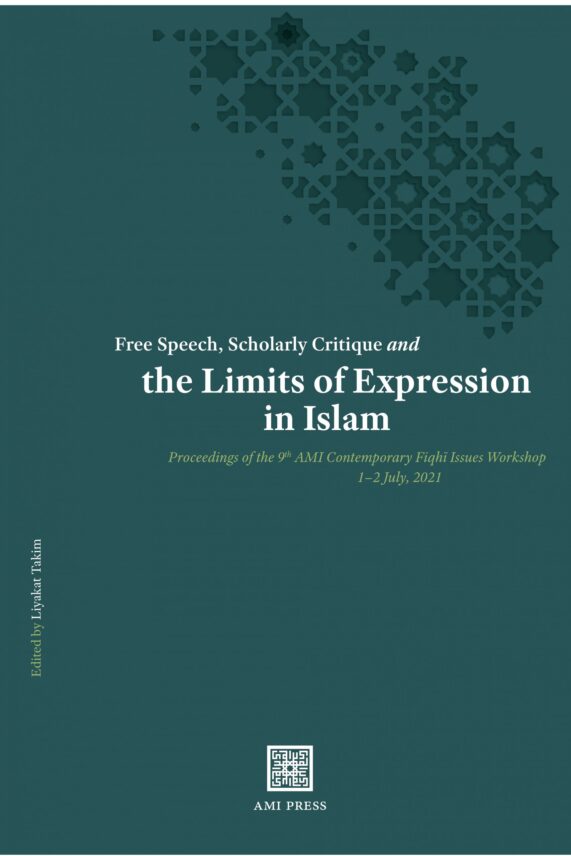Kadivar, Mohsen. “Free Speech and Critique of Religion in Contemporary Islam”, in Liakat Takim (ed.), Free Speech, Scholarly Critique, and the Limits of Expression in Islam, Proceedings of the 9th AMI Contemporary Fiqhi Issues Workshop, 1-2 July 2021, Birmingham, U.K.: AMI Press, 2022, pp. 131-151.

Abstract
Free Speech and Critique of Religion in Contemporary Islam
Although the United Nations ratified ‘the Universal Declaration of Human Rights’ (UDHR) in 1948, we do not have such a universal deceleration on ‘human duties’ yet. The UDHR and the 1967 ‘International Covenant on Civil and Political Rights’ (ICCPR), which recognize freedom of expression, define its domain to “respect of the rights or reputations of others, and the protection of national security or of public order, or of public health or morals.”
Muslim countries have repeatedly tried to ban insults to Muslim beliefs by relying on this clause and have never succeeded; This is because the clause deals with violations of the rights of “individuals”, and no rights are recognized for “religions” (or followers of religions). That is, insulting an “individual” can be a crime, but insulting the “religious beliefs” of individuals in these documents is not considered a crime in principle! In addition, there is no difference between a scholarly critique of religion and a non-scholarly, or critique of the masses in these documents.
In contrast, we should pay attention to three major points in the principle of ‘freedom of speech’ in Islam.
First, freedom of expression in Islam in both areas of individuals and religions does not include the freedom to ridicule, insult, and make a mockery of anyone especially Prophets, while the critique of religion is allowed.
Second, in Islamic thought freedom of expression in the public sphere is different from freedom of expression for specialized audiences in academic circles. There is absolutely no red line or any restrictions for a scholarly critique of Islam or Shi’ism in academic circles, while for the mass audience, there are restrictions that will not shake the faith of people due to weak public information.
Third, a distinction must be made between the Qur’an, the practical tradition of the Prophet, and the practical tradition of Imam Ali, on the one hand, and hadiths attributed to the Prophet and the Imams, conventional Islamic sciences, and the lived experiences of Muslims throughout the history, on the other hand.
In the former type of sources, apostasy and blasphemy do not have any temporal punishments, while in the latter type, apostasy, and blasphemy lead to the execution of the apostate or blasphemer, the annulment of his/her marriage, and liquidation of his/her property. While the former of Islamic resources strongly supports freedom of expression and critique of religion, serious obstacles to the realization of freedom of expression and critique of religion are not easily deniable in the latter type.
The possibility or practicability of the first two points in the age of the new media, the internet, and social network needs critical elaboration. The third point requires a lot of deep scholarly clarifications confronting the traditional Islamic literature and heavy Western scholarship on Islam.
Full Text

